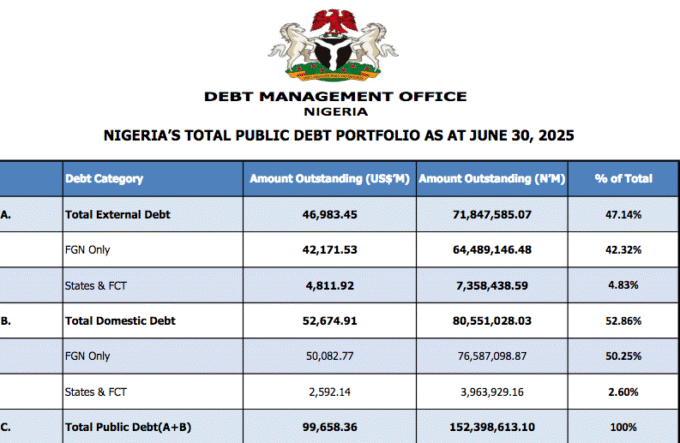By Esther Bassey
The Federal Government, through the Central Bank of Nigeria (CBN), has issued fresh rules for Point-of-Sale (POS) and agent banking operators across the country.
The new directive, which takes effect in phases, aims to sanitise the booming POS business and tackle fraud, money laundering, and unregulated cash movements.
Here are five key highlights of the new rules every POS operator should know:
1. ₦1.2 million daily limit for POS agents
Under the new guidelines, POS operators can now handle a maximum of ₦1.2 million in total transactions per day.
For individual customers, the cash withdrawal or cash-out limit is ₦100,000 daily. The CBN says this move will promote accountability and reduce illegal cash circulation.
2. One platform rule — No more multiple terminals
From April 1, 2026, operators will no longer be allowed to use multiple POS terminals from different financial service providers such as Moniepoint, OPay, or PalmPay.
Each agent must register with only one principal institution, a bank, fintech, or super agent.
3. Location restriction: The 10-metre rule
Every POS terminal must now be geo-tagged and geo-fenced, meaning it can only operate within 10 metres of its registered business location.
This effectively stops agents from moving around with their machines to serve customers in different areas, which is a big shift for mobile POS operators.
4. Heavy penalties for defaulters
Violating the new CBN rules comes with tough sanctions.
Changing ownership or structure without prior CBN approval attracts a ₦20 million fine, plus an additional ₦500,000 daily for continued default.
Other offences, such as unauthorised relocation or poor record-keeping, also attract penalties.
5. Dedicated accounts and transparency measures
POS operators must now run all transactions through dedicated agent accounts or wallets linked to their registered principal.
Banks and fintechs are required to publish verified lists of agents with location data on their websites, while agents must comply with KYC and anti-fraud reporting rules.
While the CBN maintains that the policy will strengthen financial integrity and curb abuse, many small POS business owners fear that the new restrictions may increase operational costs and limit accessibility in rural areas.


















Leave a comment